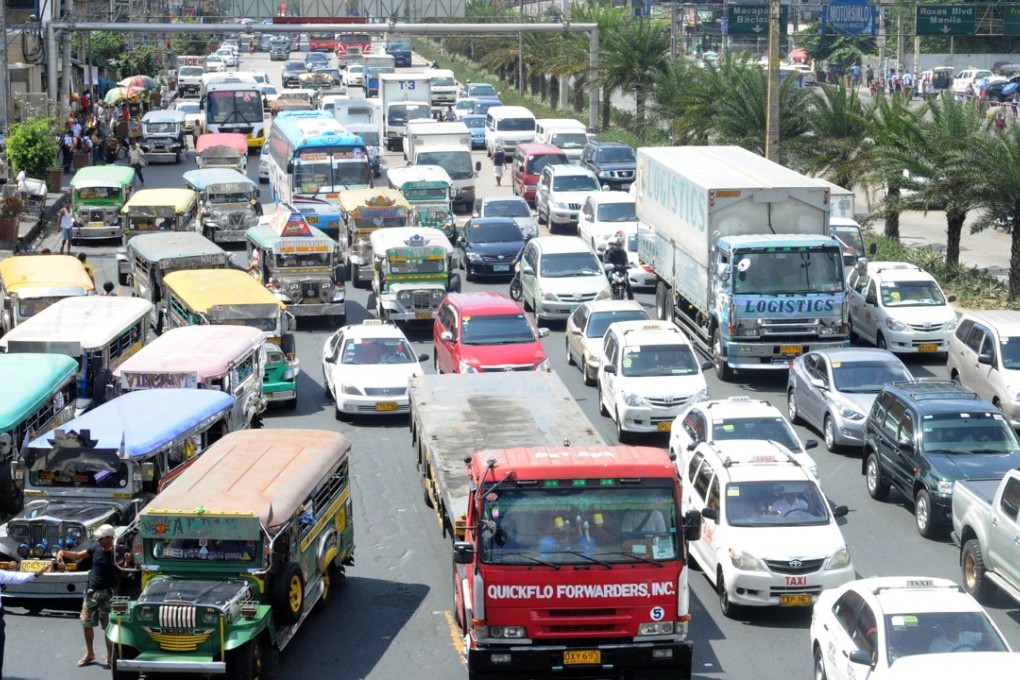Solutions to Manila’s infamous traffic jams may be underground and on the water
The Philippine capital is struggling to loosen the gridlock that is costing the economy US$65.5 million a day

To ease traffic congestion in the Philippines’ main financial centre, there’s no way to go but underground and afloat, said businessman Antonio Tiu, who is leading a venture for one of two subway projects in the capital region.
IRC Properties, Tiu’s venture with Chinese and Hong Kong companies for a US$3.7 billion underground system in Metro Manila’s Makati City, has also submitted an offer to run and upgrade the rickety Pasig River ferry service, he said in an interview. The ferry system would help drain traffic from Makati City while the subway gets built, said Tiu, 43.
The Philippine capital is struggling to loosen the gridlock that is costing the economy 3.5 billion pesos (US$65.5 million) a day because of insufficient infrastructure to serve 13 million people and 3 million vehicles. Shares of IRC have more than doubled this year as it’s taken steps toward a prominent role in the upgrade effort, helping it morph from a property developer into an infrastructure company.
“To solve the traffic, the only way to go is down and above water,” Tiu said.
The subway can remove 270,000 cars from the roads daily, and help transport 700,000 of Makati City’s daytime population of 5 million, most of them workers, Tiu said. The district is the main business centre in Metro Manila and the entire country.
To solve the traffic, the only way to go is down and above water
The venture plans to break ground on the 10km subway before year-end and complete it by 2024. The government is also building a 30km underground railway cutting across several cities.